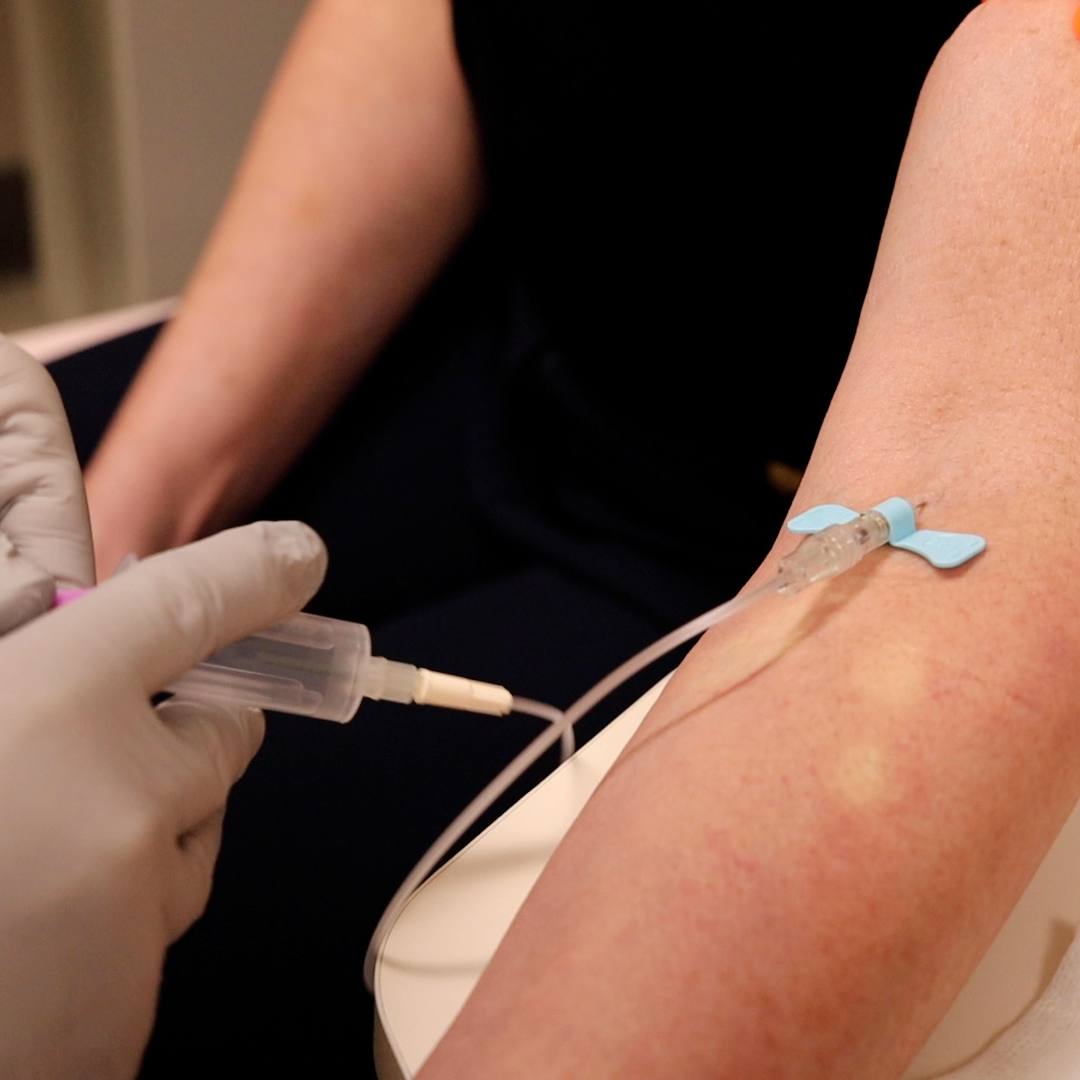-
Health & Wellness
TUESDAY Q & A: Rest is important after a concussion
DEAR MAYO CLINIC: What happens to the brain when someone suffers a concussion? Do concussions increase the risk of dementia or Alzheimer’s disease?
ANSWER: A concussion is a brain injury that changes the way your brain functions. The effects of most concussions are not long-lasting. But to avoid permanent damage, it is important to give someone who’s had a concussion plenty of time to rest and recover following the injury. Research does show that repeated concussions in some people can lead to cognitive impairment that could progress to Alzheimer’s disease or other types of dementia, such as chronic traumatic encephalopathy.
Most concussions are caused by a blow to the head. When the head is hit, the brain moves inside the skull. In some situations when, for example, an elbow or shoulder hits against a person’s head, the impact can make the head and brain rotate rapidly at different angles. This rapid movement of the brain can cause inflammation and swelling as well as abnormal function of individual brain cells. In some cases, it can disrupt the delicate connections between brain cells. These changes within the brain impair its ability to function normally. The result is neurological symptoms that last days, weeks, months or years.
Common concussion symptoms include headache, confusion, difficulty with memory and concentration, changes in sleep-wake cycles, mood changes, dizziness, imbalance, nausea, vomiting, and sensitivity to light and noise. Although many people think of concussions as being accompanied by a loss of consciousness, this happens in less than 10 percent of concussions.
Concussions are common, particularly among people who play sports. Football, hockey and other collision sports often are associated with concussions. But concussions can happen in almost all contact sports. For example, soccer and basketball players often sustain concussions.
Every concussion injures the brain to some extent. Any time a concussion is suspected, it is important that the person affected is thoroughly evaluated and has ample opportunity to recover. Fortunately, the symptoms of a concussion go away in most people within days to weeks. It is critical, however, that an adequate recovery period — which is different for every athlete — be enforced by a concussion expert to ensure that the athlete does not go back to activity or play too soon.
If not fully recovered, the risk of a repeat concussion is higher. The risk of a more serious brain injury and prolonged or permanent neurological damage also is higher with concussions that occur before recovery from a prior concussion.
To allow the brain to recover, no one should return to play or vigorous activity if any signs or symptoms of a concussion are still present. It is very important that an athlete with a suspected concussion not return to play until he or she has had a medical evaluation by a provider with experience and expertise in the evaluation and management of concussions. An individual who sustains a concussion should never return to play on the same day as the injury.
While concussions will continue to occur in sports, particularly in high-speed and collision sports, much can be done to lower the number of concussions. There must be an emphasis on good sportsmanship and fair play, along with sporting rules that are structured to decrease the likelihood of hits to the head. There must also be consistent and rigorous implementation of guidelines and best medical practices to reduce the occurrence of repeat concussions. With these changes, sports can continue to be fast and fun and, most importantly, safe. — Aynsley Smith, Ph.D., Sports Medicine Center, Mayo Clinic, Rochester, Minn., and David Dodick, M.D., Neurology, Mayo Clinic, Scottsdale, Ariz.
Related Articles







